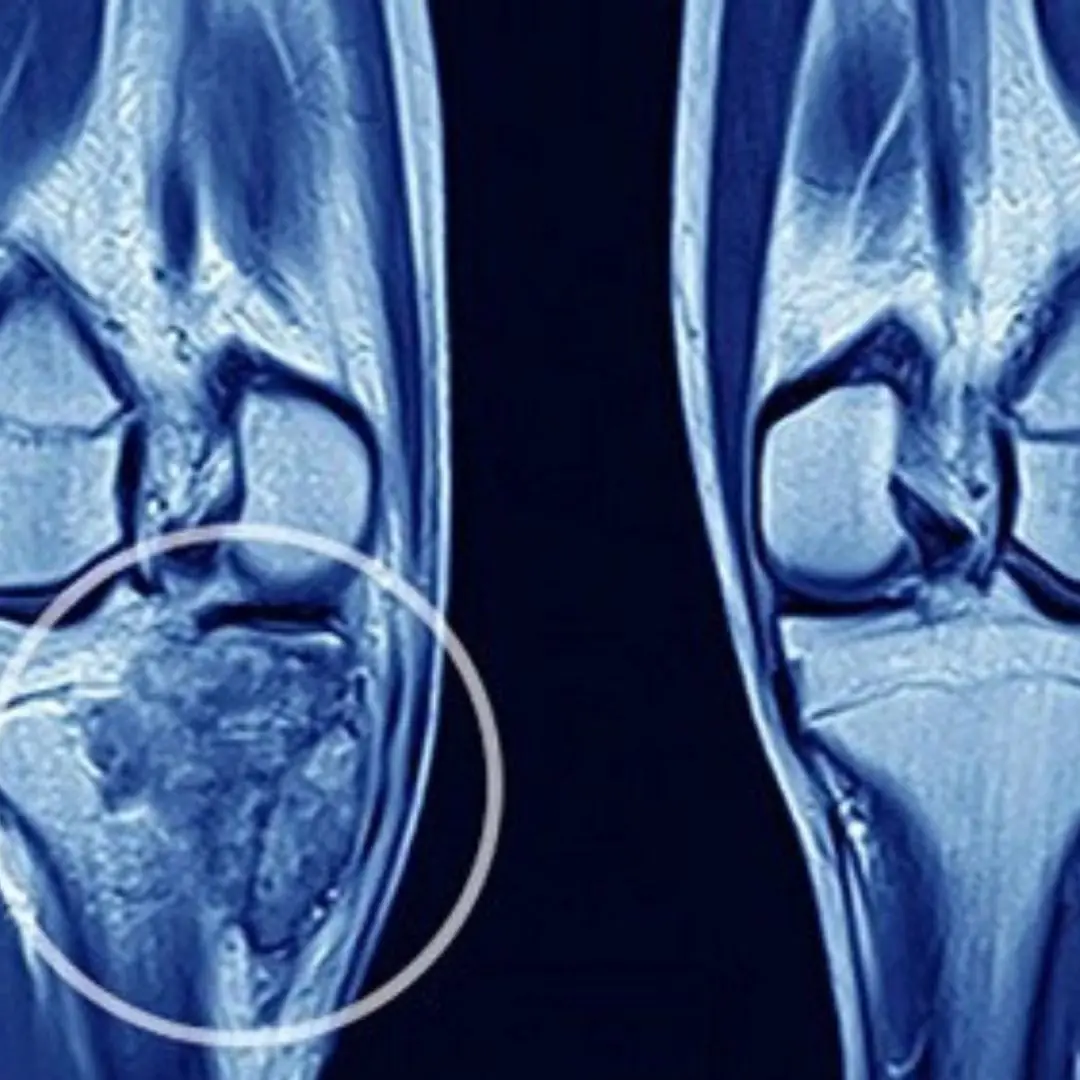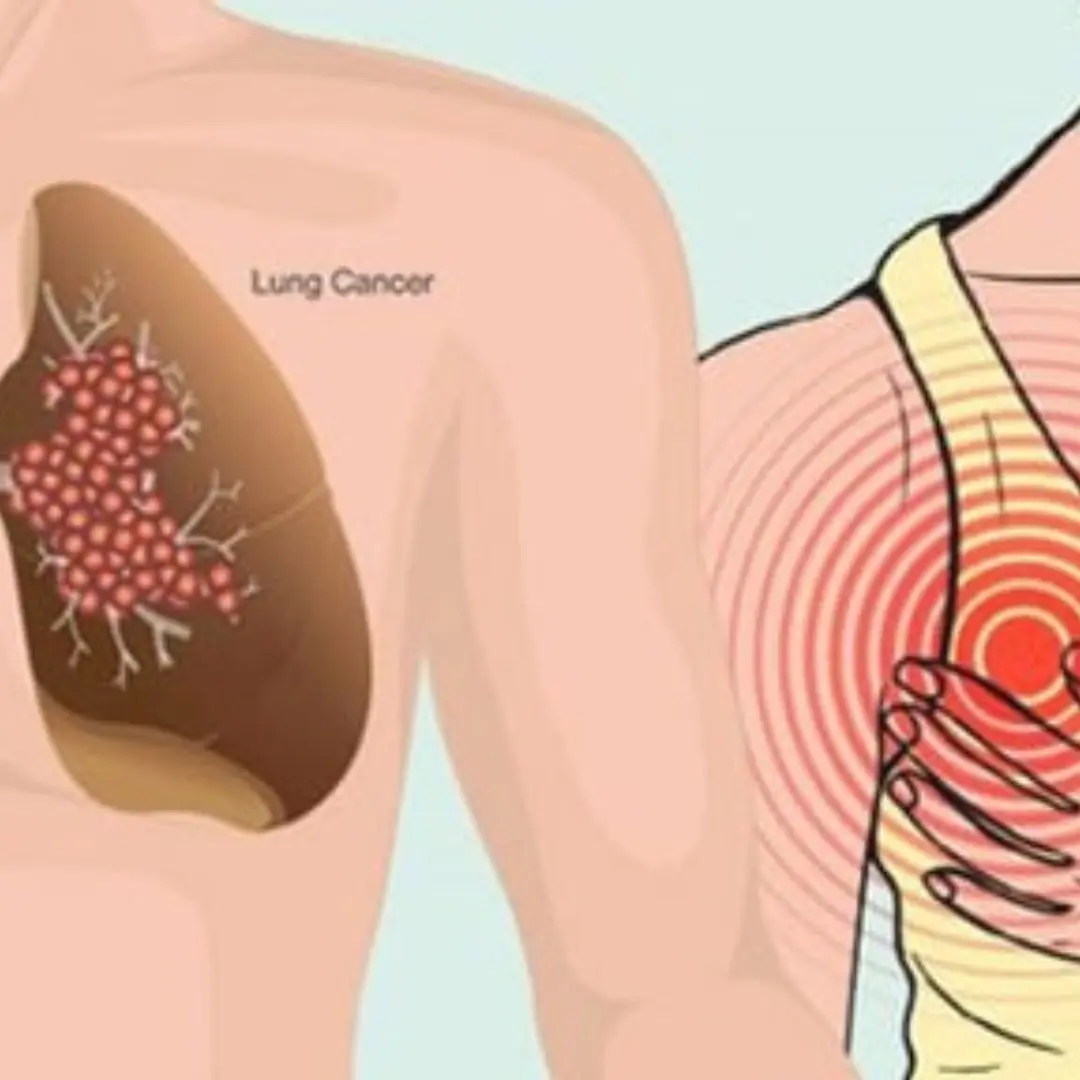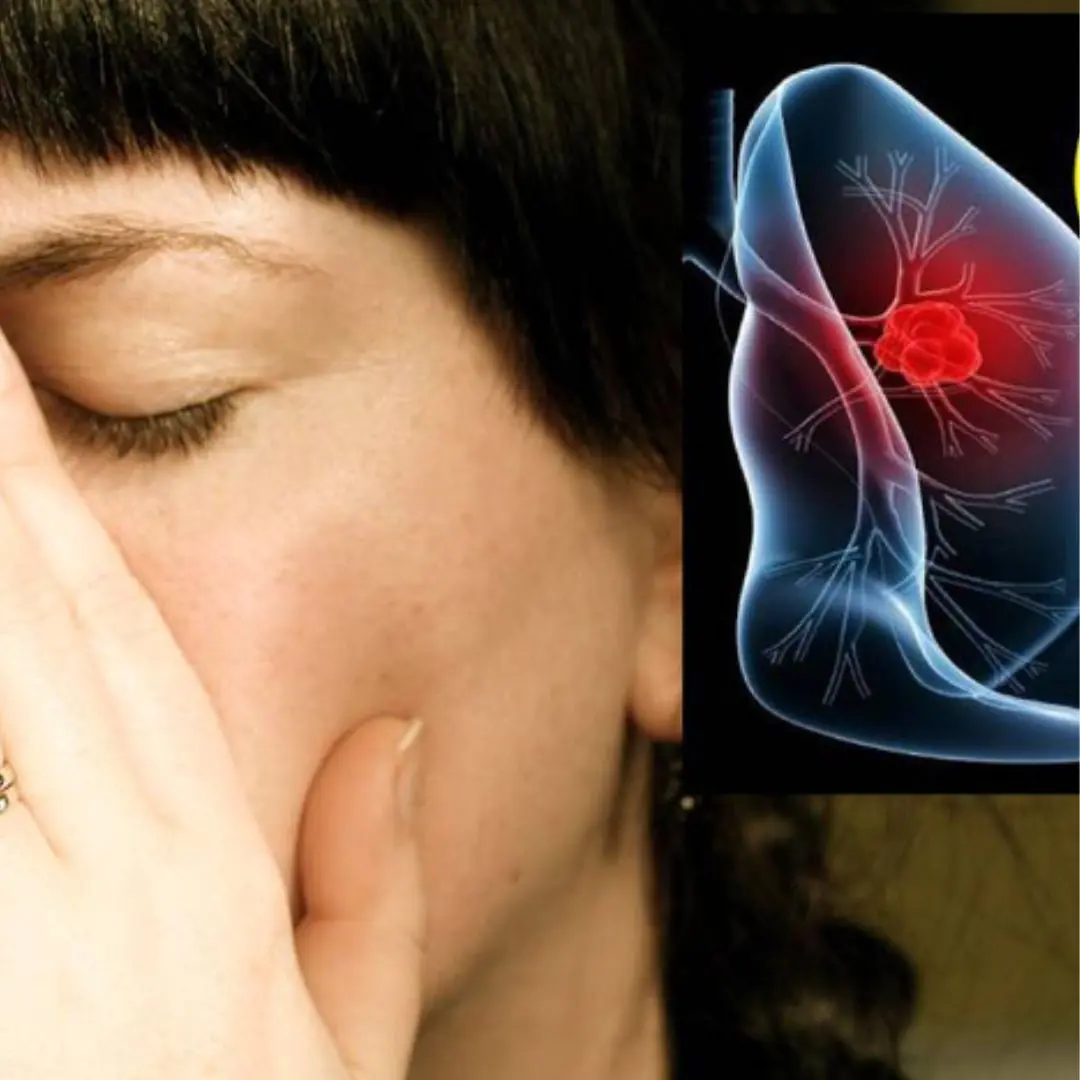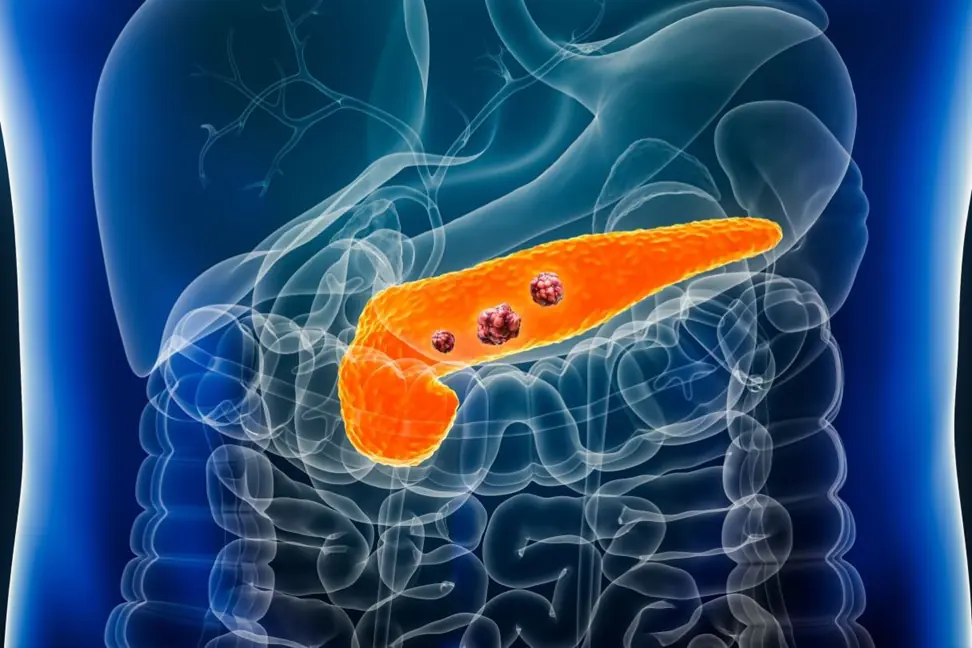
Heart attacks are often sudden and devastating, but the reality is that your body can give you warning signs months before the event occurs. These early signals are often subtle and can easily be overlooked or mistaken for other conditions. Recognizing these silent warnings is crucial because early intervention and lifestyle changes can reduce your risk of a heart attack or even prevent it from happening.
In this article, we’ll explore five silent warning signs that may appear months before a heart attack and why you should not ignore them.
1. Unexplained Fatigue
Feeling unusually tired, drained, or exhausted for no apparent reason is a common but often overlooked warning sign of heart trouble. This fatigue is different from regular tiredness and can persist despite adequate rest. If your heart is not pumping effectively due to blocked arteries or other heart issues, your body may not be getting enough oxygen-rich blood, leading to feelings of chronic exhaustion.
-
What to Look For: Unexplained fatigue that lasts for weeks or months, and doesn’t improve with sleep or rest. You might find yourself feeling unusually tired after simple tasks, like walking up a flight of stairs or carrying groceries.
-
Why It Happens: When your heart is struggling to supply oxygenated blood throughout the body, it can lead to weakness and fatigue. This symptom is particularly common in people with clogged arteries or heart disease.
If you notice persistent, unexplained fatigue, especially if it is accompanied by other symptoms, it’s important to consult your healthcare provider for a check-up. Your doctor may recommend tests to check for heart disease or other potential underlying conditions.
2. Shortness of Breath
Shortness of breath, or feeling winded after minimal physical activity, can be a major red flag for heart issues. It’s especially concerning if you’ve never had difficulty breathing during normal activities before. This could be due to a decrease in the heart’s ability to pump blood effectively, which can cause fluid to build up in the lungs, making it harder for you to breathe.
-
What to Look For: Becoming easily winded or having difficulty catching your breath during everyday activities like walking, climbing stairs, or even lying down.
-
Why It Happens: When the heart’s ability to pump blood is compromised, blood can back up in the veins, including those leading to the lungs. This can cause fluid to accumulate in the lungs, leading to shortness of breath, a condition known as pulmonary congestion.
If you experience shortness of breath without any apparent cause, especially if it is gradual or persistent, you should seek medical advice as it could indicate an underlying heart condition.
3. Chest Discomfort or Pain
Chest pain or discomfort is one of the most well-known symptoms of a heart attack. However, what many people don’t realize is that chest discomfort can occur months before a full-blown heart attack. The pain or pressure may not be severe or sudden, but it can signal that something is wrong with your heart.
-
What to Look For: A feeling of tightness, discomfort, or pressure in the chest that might come and go. This discomfort can also radiate to the shoulders, arms, neck, or back.
-
Why It Happens: The discomfort is often caused by reduced blood flow to the heart muscles. This may be due to narrowed arteries or the early stages of heart disease. It could be a warning that the heart is not getting enough oxygenated blood.
If you experience persistent chest discomfort or any sensation of pressure, even if it’s mild, it’s important to take it seriously. It’s better to be cautious and get it checked out before it worsens.
4. Swelling in the Legs, Ankles, or Feet
Swelling in the lower extremities, such as the legs, ankles, or feet, is another silent warning sign that something might be wrong with your heart. When the heart isn’t pumping efficiently, fluid can accumulate in various parts of the body, especially in the legs and feet.
-
What to Look For: Noticeable swelling in your ankles, legs, or feet, especially after long periods of standing or sitting. The skin may feel tight or stretched, and the swelling may worsen by the end of the day.
-
Why It Happens: When the heart is unable to pump blood properly, blood can pool in the veins, particularly in the lower parts of the body. This leads to fluid retention and swelling. In more advanced cases, this can lead to edema, a condition where excess fluid accumulates in the tissues.
If you notice persistent or unexplained swelling in your legs, ankles, or feet, especially when it is combined with other symptoms like fatigue or shortness of breath, it could be a sign of heart failure or other cardiovascular issues.
5. Irregular Heartbeat or Palpitations
A racing, fluttering, or irregular heartbeat is another common warning sign that your heart may be struggling. This can feel like your heart is pounding in your chest or skipping beats, and it can happen at rest or during physical activity. While palpitations are often harmless, they can be an indication of an underlying heart condition, especially when they occur frequently or are associated with other symptoms like chest pain or dizziness.
-
What to Look For: A feeling of your heart beating too fast, too hard, or irregularly. You might also feel lightheaded or dizzy when experiencing palpitations.
-
Why It Happens: Irregular heart rhythms, also known as arrhythmias, can occur when the electrical signals in the heart become disrupted. This can lead to the heart beating too quickly or irregularly, which can indicate that the heart is under stress or working harder than usual.
If you experience frequent palpitations or an irregular heartbeat, it’s important to speak with a healthcare provider. In some cases, arrhythmias can lead to more serious heart conditions, including heart attacks.
How to Protect Yourself from Heart Disease
While these silent warning signs may not always lead to a heart attack immediately, they are important signals that shouldn’t be ignored. Early detection and intervention can greatly reduce your risk of heart disease and improve your overall health. Here are some steps you can take to protect your heart:
-
Adopt a heart-healthy diet: Eat a diet rich in fruits, vegetables, whole grains, lean proteins, and healthy fats. Limit processed foods, sodium, and sugar to reduce your risk of heart disease.
-
Exercise regularly: Aim for at least 30 minutes of moderate exercise most days of the week. Regular physical activity helps improve heart health and circulation.
-
Manage stress: Chronic stress can contribute to heart disease, so it’s important to find healthy ways to manage stress, such as through meditation, yoga, or deep breathing exercises.
-
Regular health check-ups: Regular visits to your healthcare provider can help detect risk factors for heart disease early, such as high blood pressure, high cholesterol, or diabetes.
-
Quit smoking and limit alcohol consumption: Smoking and excessive alcohol use are both major risk factors for heart disease. Quitting smoking and limiting alcohol intake can significantly reduce your risk.
Conclusion: Listen to Your Body
Heart attacks don’t always happen without warning. If you experience any of the signs listed above - such as fatigue, shortness of breath, chest discomfort, swelling, or irregular heartbeats - it’s important to listen to your body and seek medical attention. Early intervention and making healthy lifestyle choices can go a long way in preventing heart attacks and improving your overall heart health. Don’t ignore these silent warnings - your heart will thank you in the long run.























